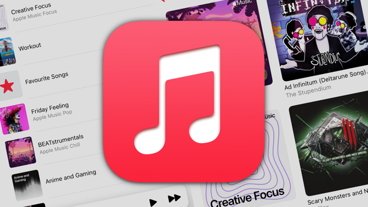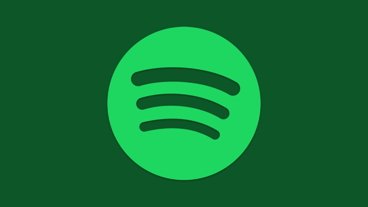Editorial: Amidst cries for a cheaper HomePod, Amazon now has a higher-end Echo
To compete with Amazon Alexa and Google Assistant, critics have insisted that Apple would need its own drastically cheaper HomePod. But instead of Apple moving down into the loss leader territory of $30 Echo Dots and Google Home minis, Amazon has unveiled its much more expensive Echo Studio, with a $200 price tag equivalent to a half dozen Echo Dots.
This April, Apple did lower the price of HomePod from its $349 introduction to $299. But it was still almost unanimously called "too expensive" in comparison to the super cheap, entry-level WiFi microphones offered by Amazon and Google. A flurry of reports noted that while Apple reached estimated sales of 1.6 million during the 2018 holiday quarter, it still "lost market share" when compared to large volumes of those $30 impulse-buy offerings from rivals. This media-fed delusion fails to grasp that Apple isn't following Amazon's voice first game plan.
Apple isn't trying to connect the Dots
It appears pretty clear that Apple doesn't care about WiFi mic market share. Unlike Amazon, Apple has a vast installed base of 1.5 billion active devices, most of which can access Siri on the go, from anywhere there's internet service. Siri is on iPhones, Watches, even on the road in CarPlay. Apple isn't hard-pressed to distribute standalone microphones just to reach its users.
At $350, Apple's holiday quarter HomePod sales alone would have delivered the same revenues as 17.5 million Echos Dots, and most assuredly delivering much greater profits. A variety of commentators predicted that Apple might launch a much cheaper version of its HomePod this fall just to "compete" in the low end of these speakers. But It didn't. Instead, Amazon has now joined Google in floating a product that looks a lot more like Apple's HomePod.
Is it possible that the same pundits who thought Apple wouldn't be able to sell enough Apple TVs and HomePods, on the heels of thinking Apple Watch wouldn't matter and that AirPods weren't going to "move the needle," are also wrong in thinking that Amazon will easily walk right in and take over sales of higher-end speakers after it failed to do this in tablets and phones?
Looks alike, but there's big technology differences
Amazon's new Echo Studio is currently available for preorder. It uses a downward-facing, larger-sized woofer than HomePod, which it ports out the front and back through a slit in the speaker itself. Apple opted to use an upward-facing woofer in HomePod, noting that its custom-designed "high-excursion woofer is positioned at the top of the speaker facing upward, creating a wide range of deep bass that surpasses any traditional speaker."
Amazon didn't detail the design of Echo Studio's microphones, but Apple does outline that HomePod has a six-microphone array and an internal bass-EQ microphone that "analyzes and compensates for the effect of the room on the bass response, providing rich, consistent sound." It further states that "a powerful motor drives the [woofer] diaphragm a remarkable 20 mm, so the bass shines through even when the volume is low."
Amazon breezed past the qualitative aspects of Echo Studio to outline that it uses three midrange speakers for the left, right, and top, with a single directional tweeter at the front, and a 5.25-inch bass driver in the base feeding sound out of the bass port. Apple's HomePod uses a circle of seven beamforming tweeters "each with its own amplifier" for "tremendous directional control" the company states in its marketing.
Apple states that HomePod's array of tweeters, using a folded-horn design, "send the flow of music toward the center and then out the bottom in a 360-degree pattern, resulting in an all-encompassing sense of space. This virtually eliminates early table reflections and allows for consistent high-definition sound." That might sound excessively flowery, but it compares to a single tweeter and two midrange speakers on the Echo Studio.
Each HomePod unit by itself delivers wide, stereophonic sound. Two units can be paired together to create an even wider soundscape. Yet with just a single high-frequency tweeter, Amazon's Echo Studio sound will be much more directional— effectively mono in upper frequencies where our ears derive the most directional sense of sound. Amazon notes that two units can be paired together with a standalone woofer, but that raises more questions: does this setup use sophisticated processing, or are the two speakers just acting as a stereo pair? And with each unit having a large woofer already, why would such a setup need a third subwoofer?
Further, will buyers who opt for one of the cheapest possible TV boxes from Amazon be interested in buying a couple $200 speakers, along with a dedicated subwoofer, just to watch their Fire TV content? The same people who think nobody can afford an Apple TV or a HomePod don't seem to be raising objections about the concept of Amazon selling a set of speakers that cost a similar amount, a remarkable inconsistency in logic.
Another aspect of HomePod that Apple details is the use of an extraordinarily powerful— for a speaker— custom A8 chip to perform advanced signal processing "so Siri can hear you over the music." It also handles "real-time studio-level processing that maximizes the bass while minimizing distortion. Buffering that's even faster than real-time. And upmixing of both direct and ambient audio. You get amazing sound, every single time," the company's market sings. But the reality is that HomePod does sound great, and is effortless to set up and use.
As is common with Android camera phones, Amazon focuses attention on the hardware more than the processing behind it. While it states that its new Echo Studio speaker 'tunes audio to match the room,' it doesn't provide any of the detail that Apple has of how it goes about that. Google made similar claims for its premium-priced Home Max, but in real user testing, its sound is not on the same level as HomePod. Its sales aren't either.
Pearls before online
Beyond the technical aspects, it's not clear whether Amazon can sell more expensive products to its almost exclusively mail-order customers. The company was famously unable to sell Fire Phone, its response to Apple's iPhone, even after discounting its unlocked price to $450 and offering it subsidized from select carriers. It has also struggled to sell its Amazon Fire tablets even at garage sale prices ranging from $50 to $150— its most expensive tablet maxes out at an economical 32GB model. That's even as Apple sells iPads starting above $300 and continuing into high capacity, cellular iPad Pro territory that reaches up toward $1,700.
Amazon's tablets have occasionally bested iPads in some hardware respects, including offering stereo speakers for years before iPads finally got high quality, stereo sound. Yet, Amazon couldn't leverage any of its advantages to outsell iPads or even reach upward in price to the cheapest iPad models Apple offered.
That says something about Amazon's prospects for up-selling its budget-minded customers to much more expensive speakers.
And while Amazon offers a popular Prime subscription that delivers streaming music and movies along with grocery store discounts and free basic Amazon shipping, it's not nearly as popular as Apple Music and iTunes movies. As with its Echo WiFi mics, Amazon ships impressive numbers of Fire-branded streaming TV boxes, which outnumber Apple TV sales by unit volume. Yet Amazon was also among the first to adopt support for Apple's AirPlay 2 streaming protocol, indicating the importance of Apple's installed base of iOS and Mac users.
While Amazon will no doubt continue to rule to roost in shipping the most WiFi mics, most of these are $30 Dots. Its ability to ship large numbers of better quality speakers at $200 is likely to look more like Google's Home Max effort, which despite shipping before HomePod, failed to outsell it in the premium tier. Apple is selling HomePods in volumes like Sonos, at similar prices. Amazon and Google are quite obviously not in the same tier.
Google itself has previously discovered that while it is easy to ship some quantity of partners' low-end, ultra-cheap phones and tablets under the Nexus brand, it has had little success in moving upscale to sell Pixel branded notebooks, netbooks, tablets, or phones that were priced closer to Apple's offerings. This makes it clear that consumers don't see Amazon or Google on the same quality tier as Apple.
Ring around the privacy issue
Another difference: privacy. While Apple has made a compelling case to consumers that it doesn't want to see their data and will actively protect it from marketers seeking to abuse it, Google and Amazon are principally advertisers that use consumers' data to sell them more products. They rent out buyers' eyeballs to their advertising partners— who are the real customers in such transactions.
Both companies embarked upon voice assistants specifically to gain entry into users' homes and understand more about them. Apple's Siri did not. Siri is a consumer feature that takes great pains to prevent collection or use of identifying data for marketing purposes. Apple is working to make Siri useful— and sometimes fails in that regard— but it's not trying to use Siri to push marketing or access private data on users. And buyers increasingly recognize this.
In a statement this week, privacy advocacy group "Fight for the Future" took issue with the claims Amazon made during its launch event regarding privacy. Evan Greer, the deputy director of the digital rights group, stated, "we can't trust Amazon when it comes to privacy. Amazon claims 'customers control their data' yet they had plans for 911 calls to trigger all Ring cameras in the surrounding neighborhood to wake up and start recording.
"This is what Amazon does. They make empty statements to sell their products and then continue to build a for-profit, surveillance dragnet without oversight and accountability."
Fight for the Future noted that Amazon's Ring subsidiary, which showed off products at its event yesterday, "has entered into partnerships with police departments in over 400 cities, most of them were entered into without any debate or approval from local elected officials or the community. These partnerships provide an end-run around the democratic process and pose serious privacy and civil liberties threats. Amazon gives police a warrantless process for requesting and storing unlimited footage, giving them a literal eye inside residents' homes and the surrounding area, and in exchange, the police department markets Amazon's surveillance technology.
US Senator Ed Markey sent a letter to Jeff Bezos asking questions about the partnerships, and even The Monitoring Association, a security industry trade association, issued a statement expressing concern.
Fight for the Future has launched a national campaign calling on local elected officials to cancel police departments' existing partnerships with Amazon Ring and enact policies to prevent them from doing so in the future.
Despite its saccharine promises on privacy and basic product design that's value-engineered, Amazon will certainly be able to sell some of the 15 devices it threw out to the media this week. But it remains unlikely that Echo Studio will be perceived as being on the same technical or desirable level as HomePod even within the U.S.
And notably, Apple has entered Japan and mainland China this year with HomePod sales, vast markets where Amazon and Google have limited or no presence entirely. The anguish that HomePod is too expensive and too fancy to find buyers is simply misguided.
In a world of with companies offering different quality tiers at respective prices, consumers win and technology advances.
Stay on top of all Apple news right from your HomePod or HomePod mini. Say, "Hey, Siri, play AppleInsider Daily," and you'll get a fast update direct from the AppleInsider team.
 Daniel Eran Dilger
Daniel Eran Dilger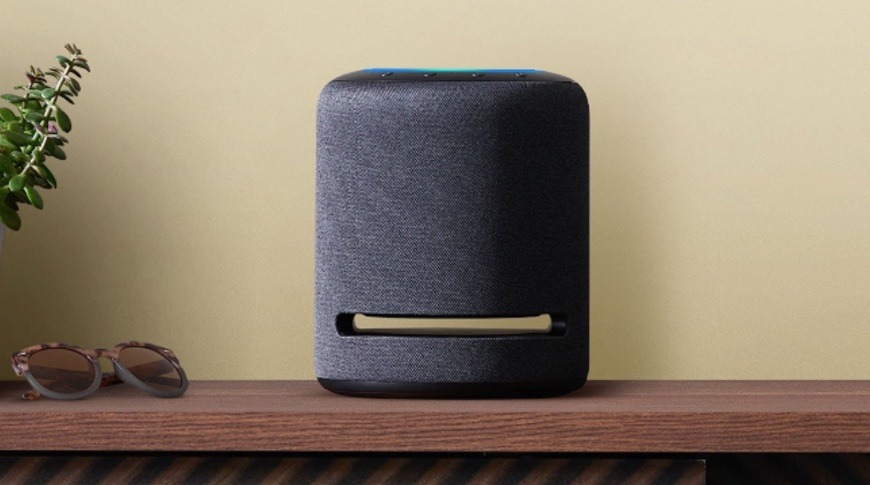
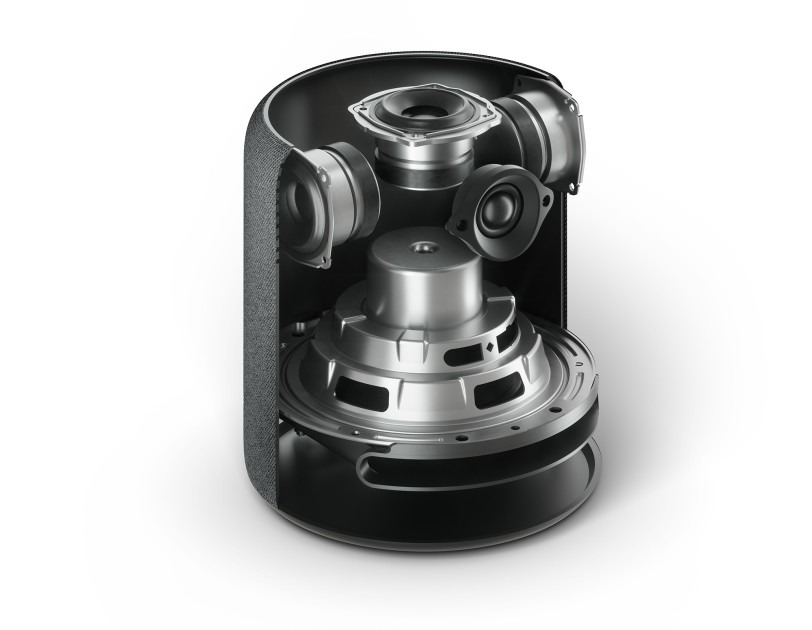
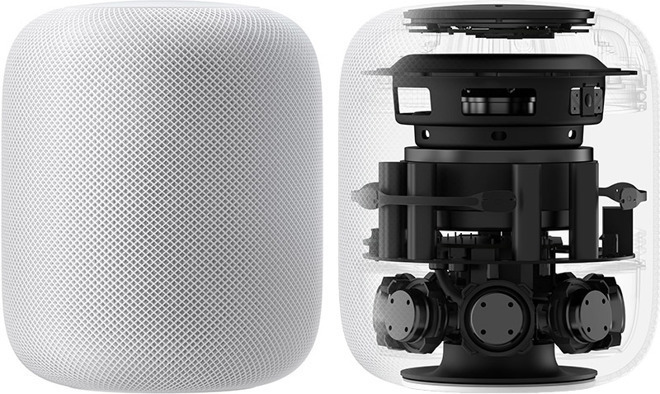
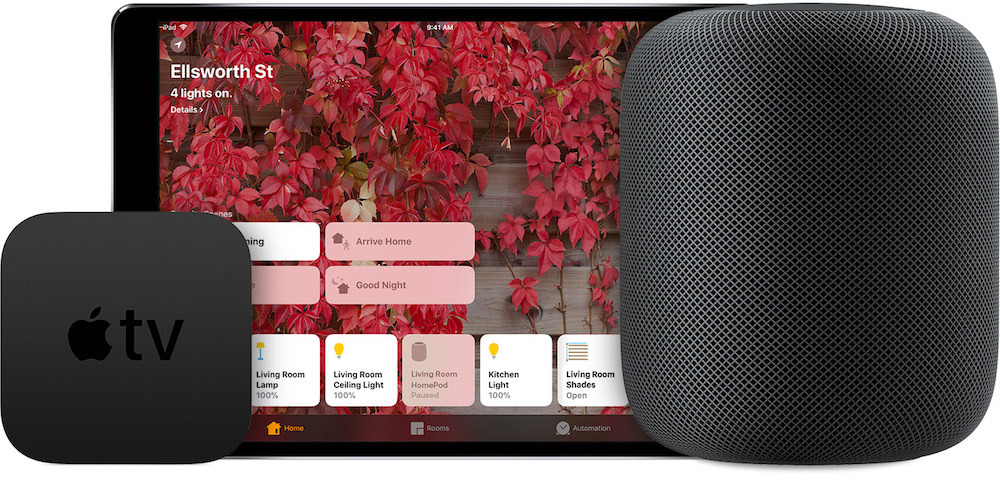











 Malcolm Owen
Malcolm Owen
 William Gallagher
William Gallagher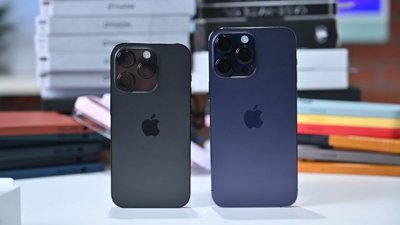
 Mike Wuerthele
Mike Wuerthele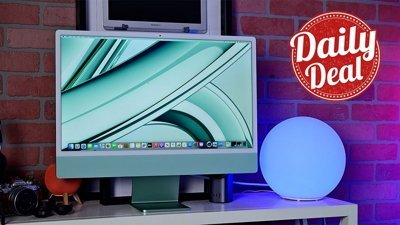
 Christine McKee
Christine McKee

 Andrew Orr
Andrew Orr
 Sponsored Content
Sponsored Content
